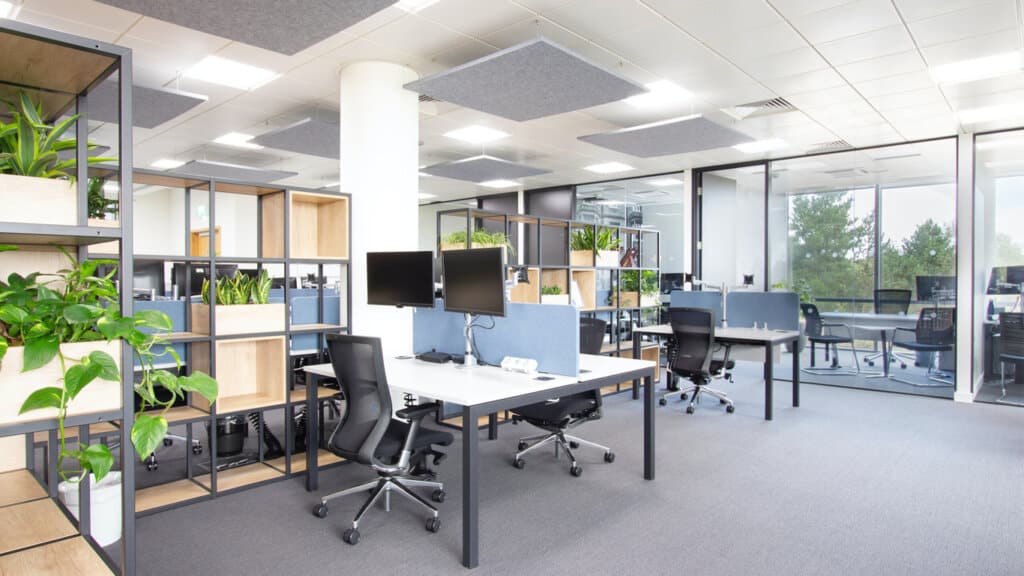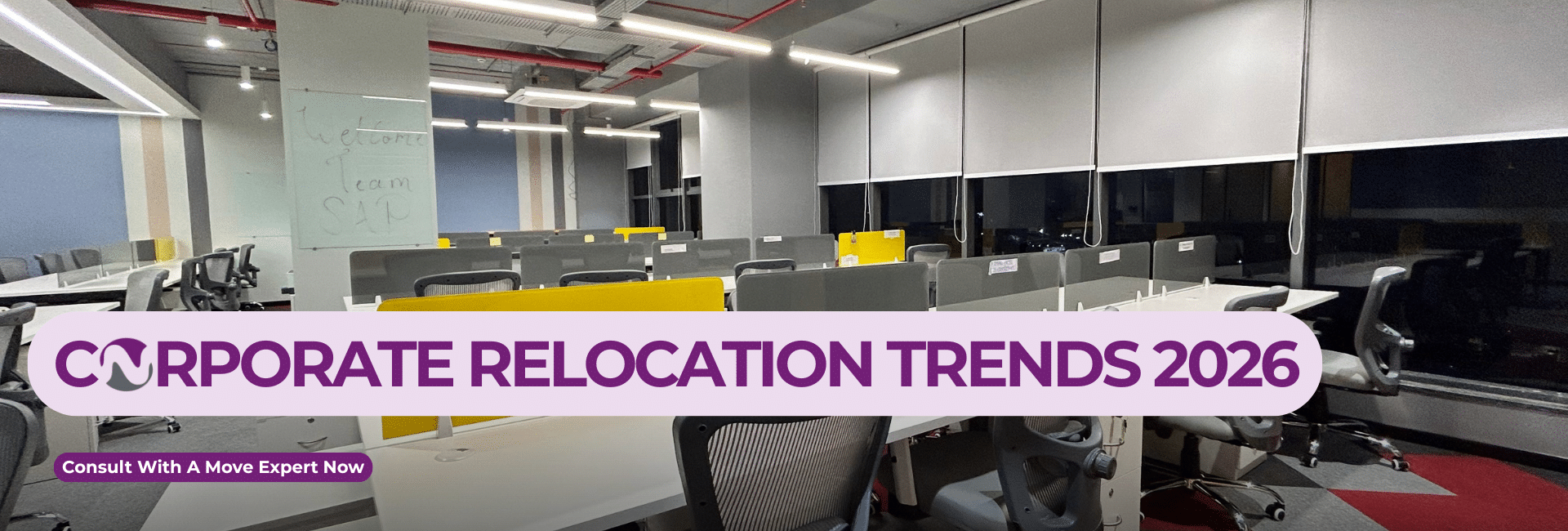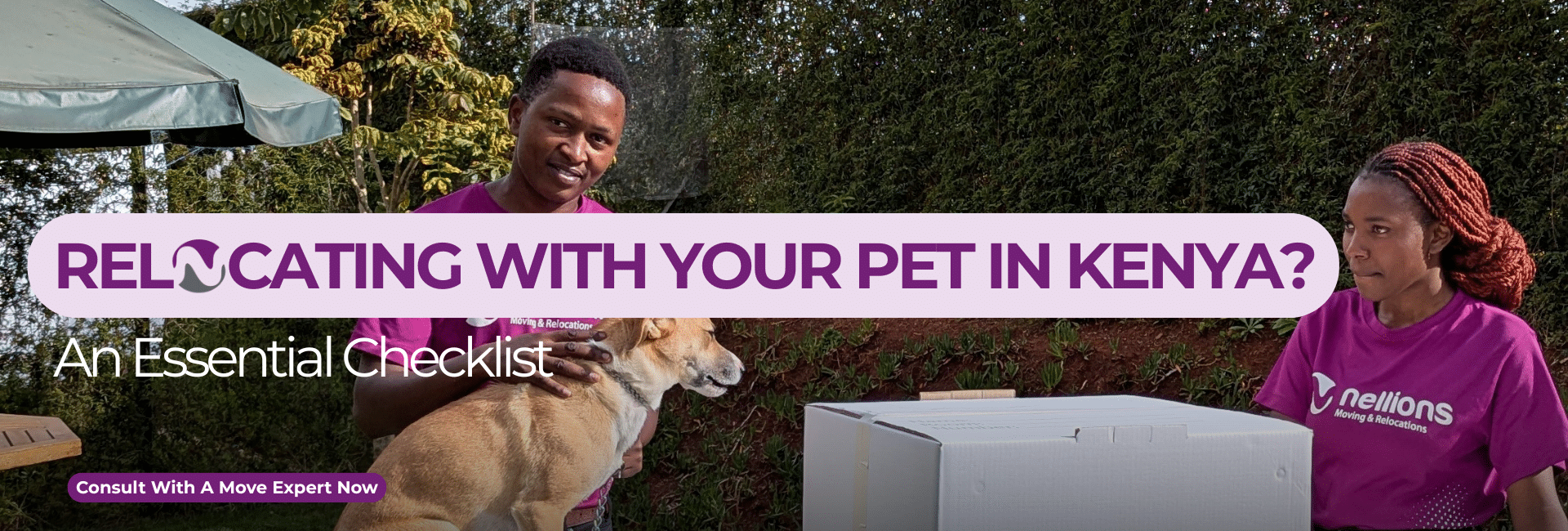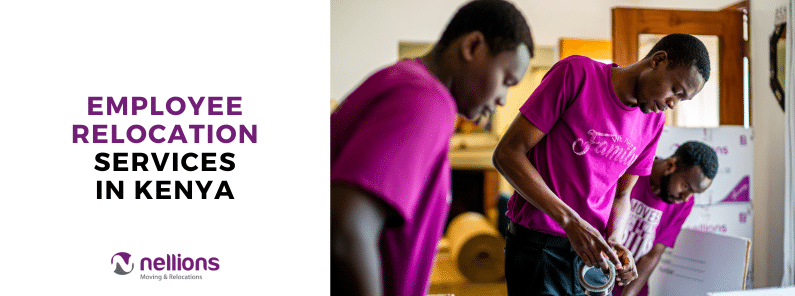Proximity to the office has long influenced where individuals choose to live. Employees who lived closer to their workplaces enjoyed shorter commutes and higher energy levels. However, the 2020 global pandemic transformed this dynamic, ushering in widespread remote work due to social distancing restrictions. Organizations were forced to rethink traditional office setups.
As pandemic restrictions ease and the world adjusts to a post-pandemic reality, return-to-office (RTO) policies are reshaping how businesses operate globally, including in Kenya.
The ripple effect of this shift has since caught up with the moving industry in Kenya, presenting various challenges and exciting new opportunities.
Big tech companies and global organizations such as the UN have also been caught up with RTO policies. A recent example of this was in December 2023 when the United Nations Population Fund instructed an estimated quarter of their workforce to relocate from New York to Nairobi in order to be closer to the people that they serve.
The implications of RTO policies surpass corporate labour dynamics and extend to impact corporate relocation trends and patterns in Kenya and across the globe. This article will delve into the impact of RTO policies on corporate moving in Kenya, highlighting the challenges and opportunities.
The Rise of Remote Work and its Impact on Corporate Moves
Most corporate organizations acknowledged physical office spaces as the cornerstone of their structures before the COVID-19 pandemic. Relocation decisions have since shifted away from physical proximity to the office to remote work-from-home set-ups. The effectiveness of video conferencing and collaboration tools demonstrated that remote work was more viable and flexible.
Employees are now more empowered to decide wherever they want to live and work, slowly decoupling location from job function.
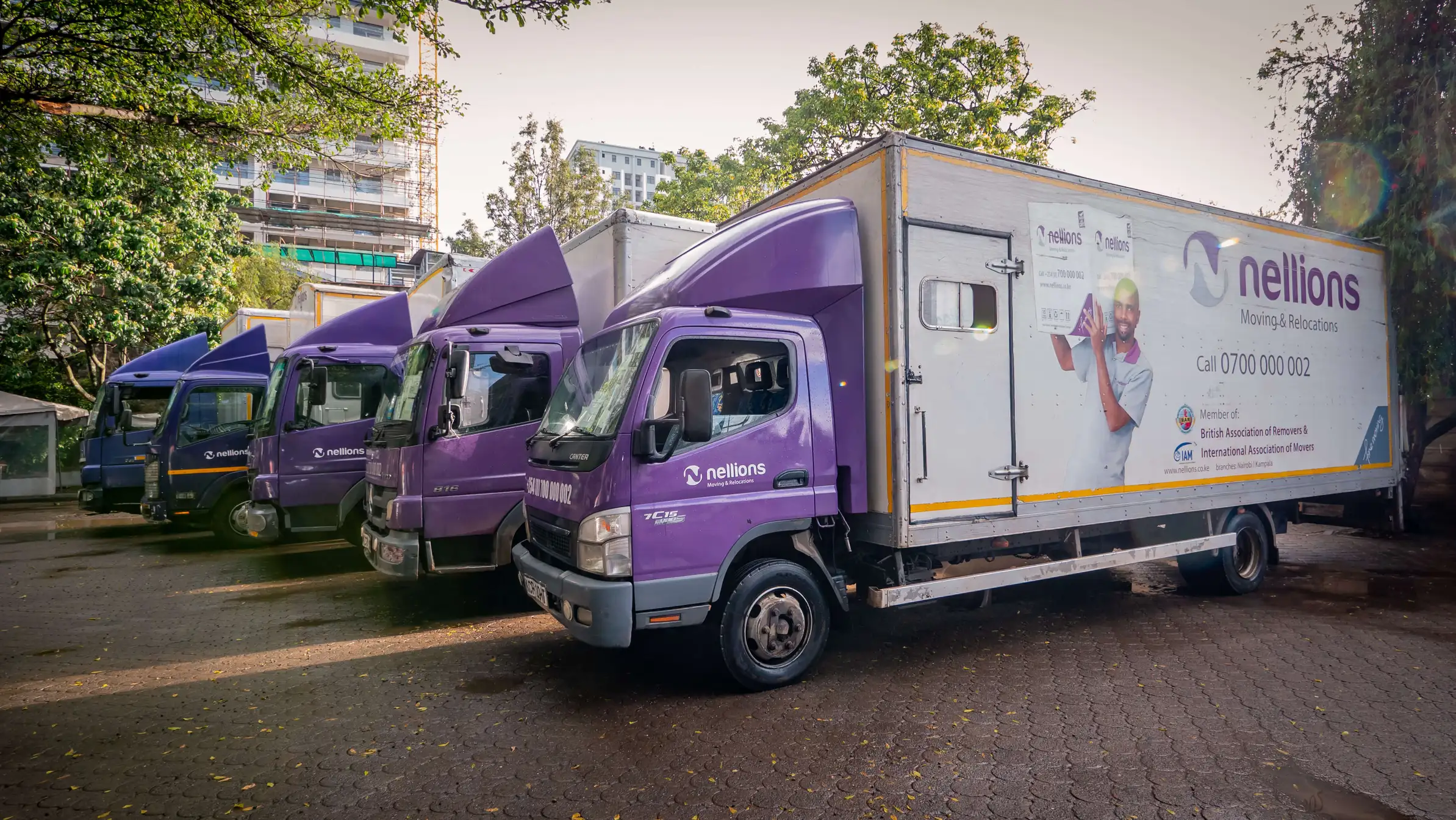
The Evolving Return To Office Landscape – A Spectrum of Approaches
Approaches to RTO policy are complex and ever-changing. While some companies mandate full-time in-office working hours, others adopt the hybrid model that allows employees to work partly in the office and remotely. Some organizations opt for a fully remote workforce.
In the long run, this diversity and proven flexibility directly impact corporate moving trends in Kenya.
Local Moves and the Rise of Satellite Offices
With many companies adopting hybrid work models, the need for large centralized headquarters is diminishing. Instead, businesses are establishing smaller satellite offices closer to where employees live. This trend is driving local office moves within Nairobi and other major cities, facilitating easier commutes and maintaining flexibility.
“With the shift towards hybrid work models, companies must rethink their real estate strategies. Satellite offices closer to residential areas are becoming the norm, significantly impacting relocation trends,” says Joseph Ndung’u, an industry expert and Corporate Relocation Specialist at Nellions Moving & Relocations.
Satellite offices facilitate occasional in-person collaboration. As more employers transfer their staff to satellite offices, there is a potential increase in local office moves within Nairobi and major cities in the country.
International Moves and the Era of the Global Workforce
Remote work has expanded the global talent pool, allowing Kenyan companies to hire skilled professionals from around the world. Conversely, Kenyan employees are finding opportunities to work remotely for international firms. This trend has led to an increase in international relocations, presenting opportunities for moving companies to tap into a global market.
The approach to a globalized workforce as the new normal translates to a rise in international relocations for both incoming and outgoing talent. It also means that moving companies have an opportunity to tap into a global market and help the Kenyan workforce cross borders and conquer the world.

Benefits of Remote Work for Corporate Relocation
The ongoing trend of decoupling work locations from physical office spaces and taking a remote approach has several advantages for corporate relocation. Some of them include:
- Cost Savings: Companies save on office space rentals, especially in pricy locations such as Nairobi’s Central Business District. Those opting to downsize their headquarters as they embrace smaller satellite offices suffer significantly reduced moving and commute costs.
- A Widened Talent Pool: Easy access to a global talent pool allows companies to find the best people for the job in any location. It also allows them to showcase their diversity in hiring practices. Employees may only be forced to relocate to affordable peri-urban areas in Nairobi or town centers that support remote work.
- Increased Workforce Satisfaction: Remote work offers employees greater flexibility and work-life balance. This boosts their morale and reduces relocation resistance, which benefits moving companies as more people can relocate without the proximity to the office becoming a significant issue. Happy, satisfied employees are less likely to resist relocation when necessary due to RTO policies.
Challenges Arising from RTO Policies
The rise of RTO policies may also have negative implications for corporate relocation and movers regarding changes in communication culture. Building and maintaining a robust organizational culture is particularly hard for companies as they grapple with employees being geographically apart. However, this may be an opportunity for movers to bridge the gap by offering effective management and communication solutions that work for their clients.
Conversely, in-person interactions reinforce teamwork and spontaneous brainstorming sessions. This is tricky to replicate in remote settings. Movers can help solve the issue by helping design office spaces that encourage collaboration during in-person workdays. Based on their experience, they can also recommend the best place to relocate to in the city, closer to satellite offices.
The Role of Movers in this New Normal
With exciting, new opportunities for moving companies in the changing corporate landscape, they must adapt as they brace for success. To capitalize on these opportunities, movers should ensure:
- They can accommodate local employee moves to satellite offices and international moves for companies recruiting globally. Movers can achieve flexibility in service provision by developing custom service packages that meet clients’ different needs and budgets.
- They can develop and integrate the technology and expertise to manage remote moves. Movers could offer virtual consultations before and during the move, online tracking, and streamlined coordination amid long-distance relocations. They should also conduct thorough consultations before relocating their clients to understand their needs.
- They understand their clients’ specific RTO policies to effectively meet their relocation needs. This also allows the companies overseeing the relocation to tailor service packages and maintain a clear and consistent communication pattern.
- Moving companies must embrace technology for efficiency. Solutions such as online booking systems and real-time tracking tools are examples.
- Moving partners are also tasked with creating partnerships built on trust during relocation. Partnerships through communication can be effective in changing the minds of clients who might be reluctant to relocate because of the uncertainties that arise with moving.
- Relocating can be hectic for companies and employees as they move to new environments. However, moving companies can address this issue by taking a data-driven approach and leveraging data on relocation trends. From the findings, the companies moving can collaborate with movers who can easily anticipate client needs while actively developing solutions. This task is to ensure that any challenge that might be of concern is documented and arrangements to address it are in wait.
Building Expertise in Hybrid Work Environments
Companies need to optimize their office layouts to adapt to changing workplace dynamics and RTO policies. While this can be a challenge for some without knowledge of workspace optimization, movers come in handy as they can partner with space planning professionals to advise their clients on the best strategies. These may come with extra services such as furniture installation or storage as they transform office workspaces into hybrid work models.
Movers may also help inform companies about strategies for navigating logistical and cultural challenges. This is because RTO policies require movers and moving companies to adapt to changing work environments and client behavior. For instance, movers can develop eco-friendly relocation practices, like recyclable packing materials, in response to their clients’ needs and reduce their carbon footprint on Earth.

Practical Advice for Corporate Relocation Clients
Assess Hybrid Workspaces
Evaluate the feasibility of hybrid work models. Identify potential locations for satellite offices that reduce commute times and enhance employee satisfaction.
Leverage Technology
Utilize virtual consultations and online tracking tools to streamline the relocation process. Ensure seamless coordination for long-distance moves through effective communication platforms.
Optimize Relocation Budgets
Consider cost-saving measures, such as downsizing central offices and relocating to more affordable areas. Leverage data on relocation trends to make informed decisions.
Sustainability Practices
Adopt eco-friendly relocation practices, like using recyclable packing materials. Align with corporate sustainability goals to enhance your company’s reputation.
The Future of Corporate Relocation in Kenya
The corporate moving industry in Kenya should brace for a more flexible work environment that prioritizes remote tools and solutions. With the evolution of technology and greater client autonomy within job dynamics, moving companies will undoubtedly need to extend their service offerings through strategic partnerships in management, skills, or delivery to accommodate changing employer needs and the labor space.
Achieving this requires that companies be open-minded and flexible when working together to align with the industry’s ever-changing needs. Movers can offer diverse services to their clients, and the companies moving can cater to their employees’ remote working needs, such as providing satellite offices.
Kenya’s Best Trusted Corporate Relocation Partner
At Nellions, we carefully plan and navigate the logistics of local and international corporate moves to ensure a smooth, efficient, and stress-free transition. We offer tailored solutions to meet your moving needs, from secure packing and transportation to expert handling of delicate items and machinery. With Nellions, you can focus on enjoying your new adventure in Kenya while we take care of the rest.
Give us a call at +254700000002 or contact us at move@nellions.co.ke and let us help you with your move.




